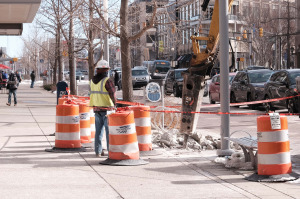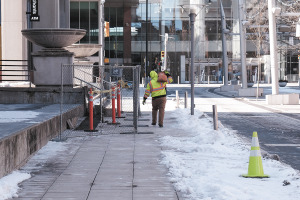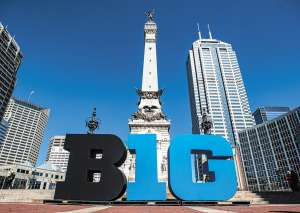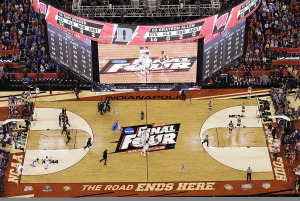An unusual season is leading to a trickier NCAA bracket
With the entire tournament taking place in or near Indianapolis, there is no reason for the four geographic regions that have been a part of past NCAA brackets. The NCAA doesn’t have to ensure the best teams play closer to home.








